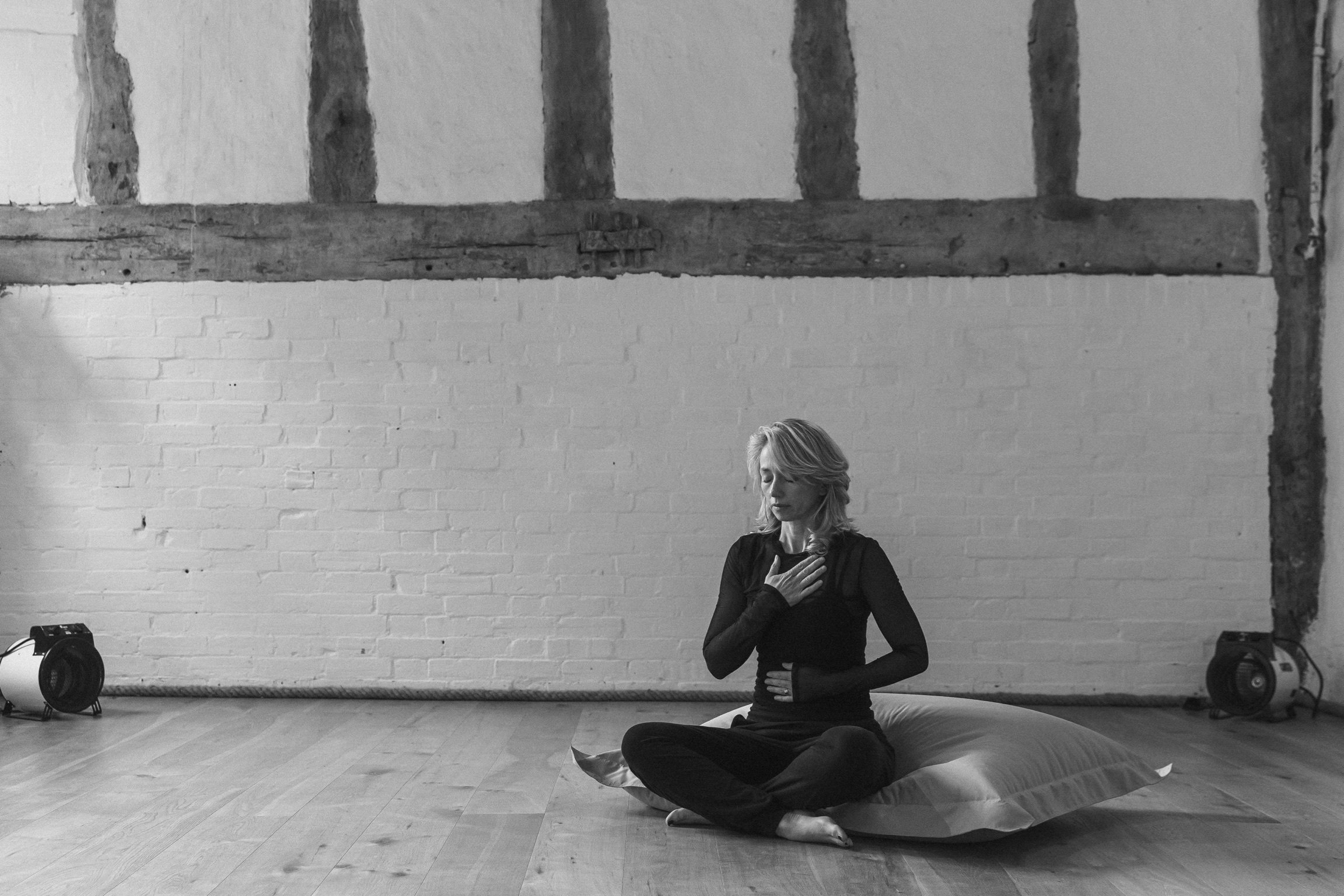Louise Riley AISTD, Ma, RDMP and IFS LEvel 2 Trained and Creative CLINICAL SUPERVISOR .
Devon movement therapy

-
INDIVIDUAL OR GROUP SESSIONS
One to one sessions allowing you personal time and space, either in person or online.
£50 Children and Students
£60 per hour session
£25 per 90 mins Group Session
-
Creative Clinical Supervison sessions
Explore and reflect on your therapy practice and work with Creative Clinical Supervision following IFS fundamentals.
£60 per hour session.
-
Workshops and events
Residential and weekend retreats.
about me:
My name is Louise and I’m a qualified private practitioner holding a Masters Degree in Dance Movement Psychotherapy (DMP). I’m a member of ADMP-UK (Association of Dance Movement Psychotherapy) whose guidelines I follow. I am Internal Family Systems (IFS) Level two trained. I am also a Clinical Supervisor, having trained at the UKCP accredited, London Centre for Psychodrama on their Creative Clinical Supervision course.
My practice framework uses the IFS fundamentals along with a Humanistic, Person centred approach using Psychodynamic, Integrative, Gestalt and Developmental theories of psychotherapy.
I originally gained my Diploma and AISTD teaching qualification at Elmhurst Ballet school and Laine Theatre Arts and was lucky enough to work within theatre and production for 15 years. After having children, I retrained with Canterbury and Christ Church University gaining a MA in Dance Movement Psychotherapy in 2018. I then completed my IFS level one training. I have worked with individual clients and groups in Bristol, Exeter and surrounding areas specialising in:
Anxiety.
Autism.
Alzheimer’s.
Attachment.
Bereavement.
Child mental health.
Depression.
Dementia.
Eating disorders.
Loss.
Low self esteem.
Feelings of being low and sadness.
Panic attacks.
Physical difficulties, and medically unexplained symptoms (MUS).
Parkinson’s disease.
Social anxiety.
Teenage mental health.
What is Dance movement therapy?
Movement psychotherapy is the psychotherapeutic use of movement to support intellectual, emotional, and motor functions of the body. This is discovered using a variety of techniques including; body analysis, breath work, movement, mirroring, empathic connections, drawing and writing, to name but a few. From there discovering and considering new or alternative neurological pathways between the body and the brain - potentially blocked or damaged through past events. Helping to find clarity, conclusions and solutions to overcome traumatic experiences that can occur throughout our lifetime. I have a keen interest in the neurological and chemical links being discovered between the body and the mind.
what is Internal Family Systems (IFS)?
IFS is a transformative method that helps client’s to connect to their subconscious fears and inner beliefs that effect mental heath and wellbeing. It works on the understanding that, like the body is made up of many different organs to form systems, likewise the mind is also made up of many parts and held emotions. It is a form of self discovery which brings about emotional healing and wellbeing.
“It is a little like talking to your body and your subconscious mind, listening to both and gaining insights for your personal recovery. This creative art therapy method is especially effective for clients who have trouble expressing themselves verbally”.
What happens in a session?
Sessions start with a 'check-in'.
Breath work is usually then used to relax and ground you before connecting with the body to see how you are feeling and areas both you and I think require attention and may work on during the session. We then connect and address these areas either via movement, talking or drawings.
Later on in the process you may be encouraged to move more freely and I will then work in a more non-directional manner.
The session may involve the use of props such as balls, stretch bands, scarves or music to facilitate the movement. In addition, art materials can help to reflect on the movement and is used as a visual way of seeing thoughts and emotions linked to feelings in the mind and body which can then be discussed and addressed. Using movement, hidden emotions are accessed and expressed non-verbally, allowing them into the conscious mind.
Time for reflection at the end of the session helps to clarify what emotions and movements came up during the session and a way forward is discussed
Get in touch.
Taking the first step is the most important thing to do. Please send me a message with the help you require along with the best way and time to contact you for an initial phone call. We can then book you in for a half price assessment session.





